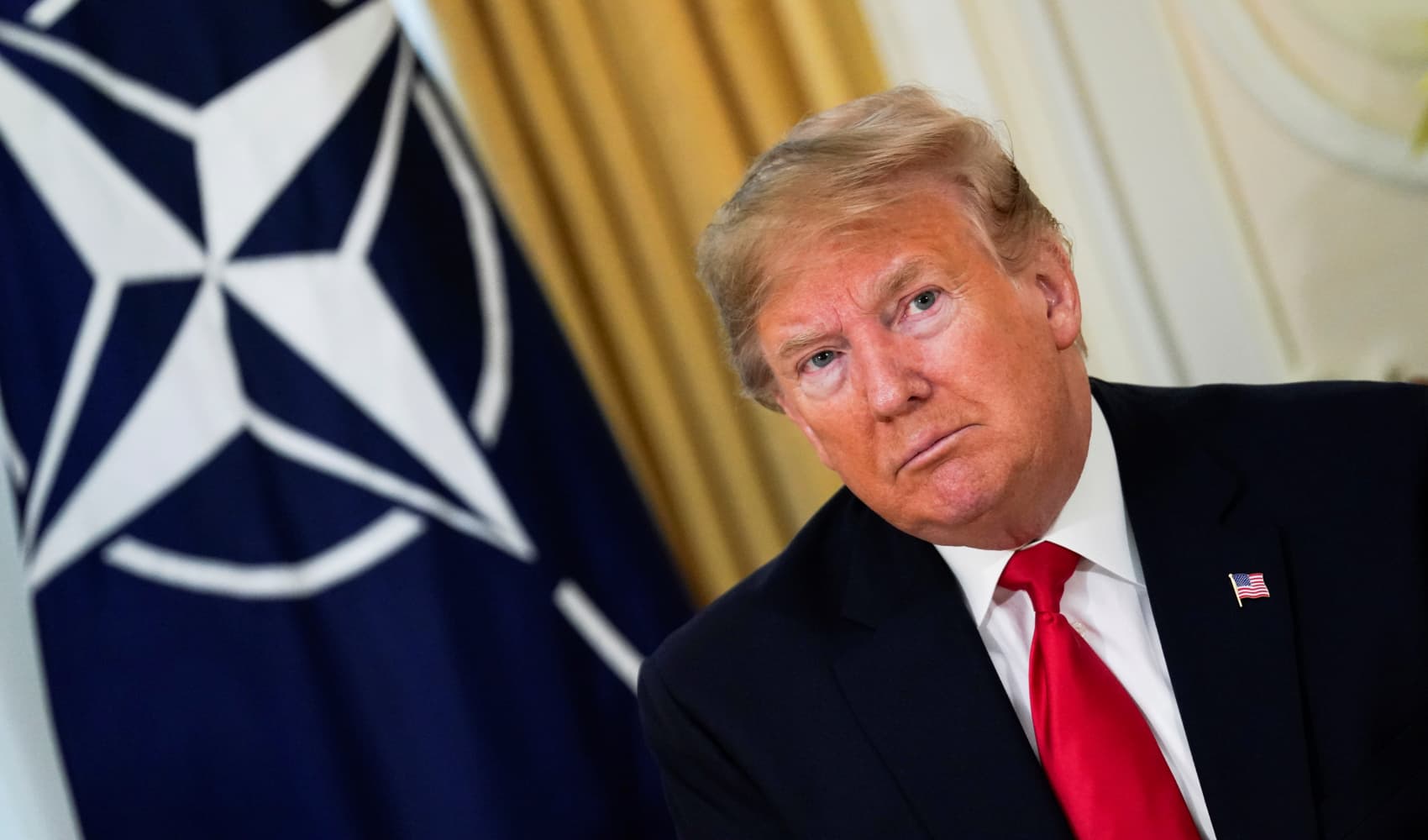
The White House and lawmakers this week have announced ambitious plans to send Americans $1,000 checks to help offset the effects of coronavirus. But with details still to be hammered out, the proposal is not quite a done deal.
Yet the Federal Trade Commission is already warning consumers to beware of scammers looking to get their hands on that cash instead. "We predict that the scammers are gearing up to take advantage of this," writes Jennifer Leach, an associate director with the FTC.
Normally, the FTC says it would wait until the details of the proposed payment plan are finalized before issuing a warning, "but these aren't normal times," Leach writes. She says that should the plan to issue checks pass, the government will not ask you to pay anything upfront for this, nor will officials call you asking for personal details such as your Social Security number or your bank account number. "Anyone who does is a scammer," Leach says.
It's similar advice to that being offered by the Federal Deposit Insurance Corporation (FDIC), which issued a notice on Wednesday warning consumers that fraudsters are pretending to be agency representatives to entice consumers to give away their personal details.
Get top local stories in Philly delivered to you every morning. Sign up for NBC Philadelphia's News Headlines newsletter.
These are far from the only scams tied to coronavirus that experts say consumers need to be on the lookout for. "Scammers also follow the money," Dov Lerner, security research lead at cybersecurity threat intelligence company Sixgill, tells CNBC Make It. "This virus is a perfect storm, at an unprecedented scale," Lerner says, adding that people are afraid for their health and there's a deep sense of economic uncertainty. "It is something that we would fully expect scammers to pounce on."
The global coronavirus pandemic has led to a "wave of dubious robocalls," according to researchers at YouMail, which tracks robocalls. Many Americans are getting robocalls offering $400 work-from-home opportunities with Amazon, YouMail reports. Another type of highly questionable robocall that Americans are receiving is from a company offering to sanitize "ducts and air filters to protect your loved ones from the coronavirus." It sounds plausible until you realize that COVID-19 is transmitted by droplets from an infected person, not by bacteria in air filters.
Money Report
Last month, the Securities and Exchange Commission warned Americans about an uptick in investment scams attempting to take advantage of the coronavirus outbreak. Specifically, the SEC said there were a number of "Internet promotions, including on social media" touting opportunities to invest with companies that are working to cure coronavirus. Potential investors should avoid any market opportunities where there are promises of guaranteed returns or if there's a ton of sudden trading activity around a specific microcap stock, also commonly referred to as penny stocks.
Scammers have also been caught setting up fake charities that purport to benefit victims of the virus, warns Nikki Fried, commissioner of Florida's consumer unit. Before donating to any charity aimed at helping the coronavirus crisis, Florida offers a Check-A-Charity tool to learn if a charity is properly registered and if your money is actually going to benefit victims. If a charity operates outside of Florida, you can look up nonprofits on watchdog sites such as Charity Navigator, CharityWatch, BBB Wise Giving Alliance and Great Nonprofits. These sites rate nonprofits and allow you to find out more about the organization and how donations are spent.
How to protect yourself from coronavirus scams
As tough as it can be, consumers need to be extra vigilant right now, Lerner says. Don't give credit card or other personal information to anyone over the phone, don't click on links in emails that lead to payment pages and don't even answer the door for someone claiming to be from the government unless they can show proper identification. You should assume it's a scam until someone proves otherwise, he says.
Don't pick up any calls from unfamiliar phone numbers — let them roll into voicemail for further scrutiny, YouMail says. "As with all unknown or unexpected robocalls, it's buyer beware. We recommend consumers ignore them," says Alex Quilici, CEO of YouMail.
You should also "take a breather," recommends Ron Schlecht, managing partner at cybersecurity firm BTB Security. Don't allow yourself to be rushed into buying anything or giving away any information, Schlecht tells CNBC Make It.
It's usually a red flag if something needs to be done immediately. "There's a good reason to take a deep breath and evaluate the nature of the communication," Schlecht says. "The only 'immediacy,' even during a pandemic, is life or death." It's no coincidence that scammers tend to thrive during heightened emotional states.
If you're suspicious, talk to a friend or relative about what happened. "Bouncing the interaction off of somebody else may help raise a flag," Schlecht says. And experts say the old adage holds true: If something sounds too good or outrageous to be true, it probably is.
Don't miss: Watch out for these coronavirus scams, SEC and FTC warn
Check out: The best credit cards of 2021 could earn you over $1,000 in 5 years






